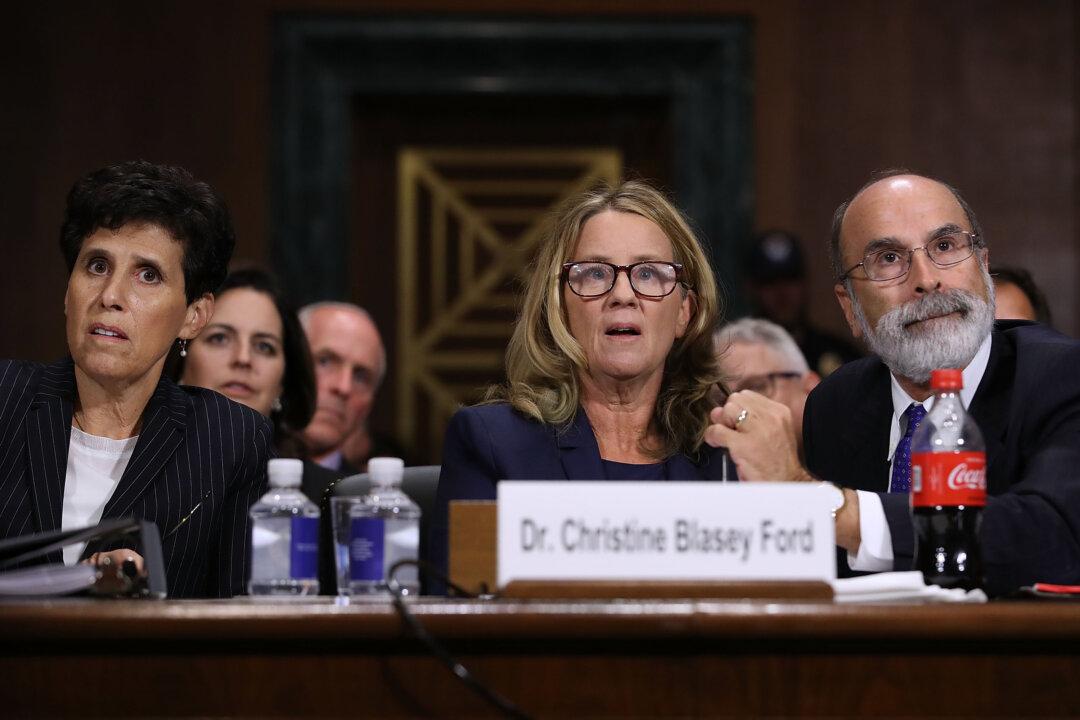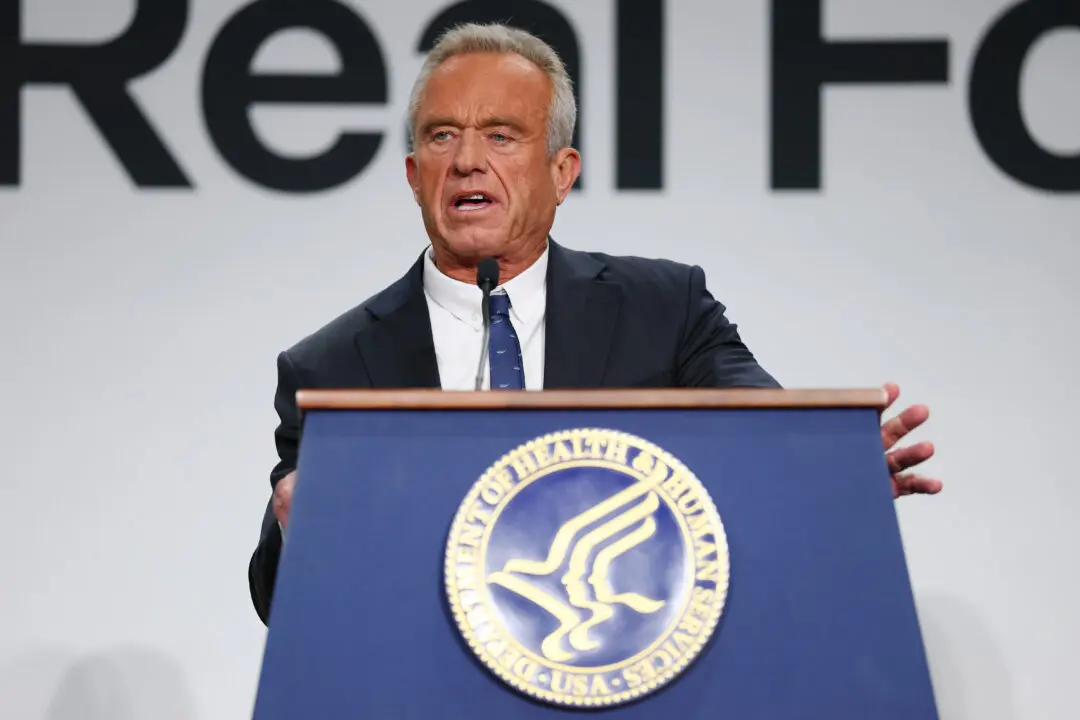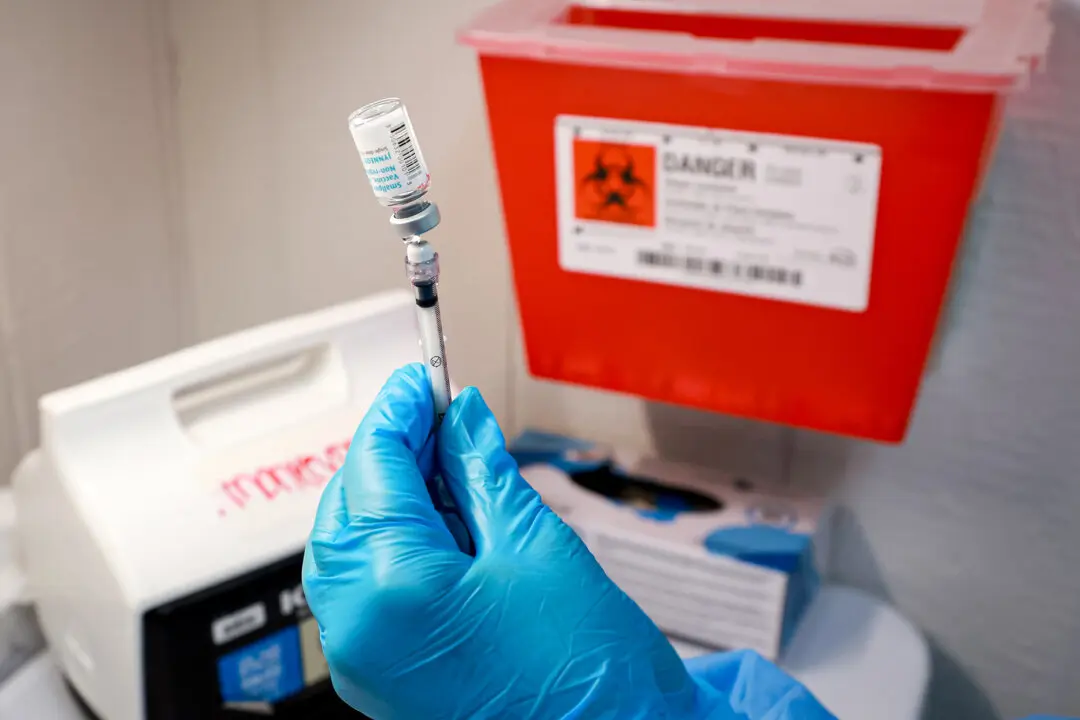A close friend of Christine Blasey Ford, the first woman to accuse Supreme Court Justice Brett Kavanaugh of sexual assault, went on the record to say Ford’s story is not believable.
Ford said that one of the people present at the house where Kavanaugh allegedly assaulted her while they were in high school was Leland Keyser but, along with everyone else named by Ford, Keyser denied remembering the alleged incident during the Kavanaugh confirmation hearings last year.





